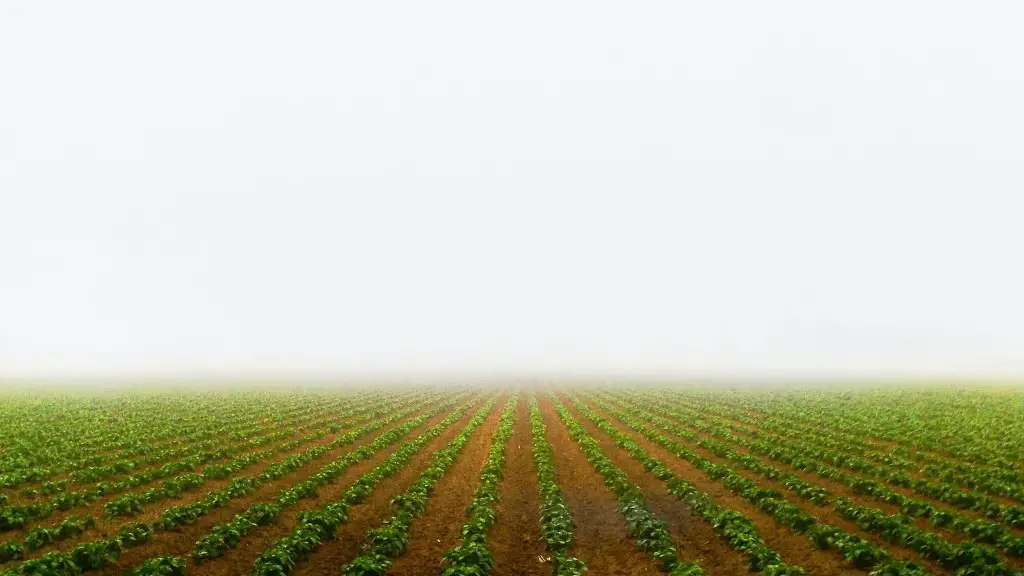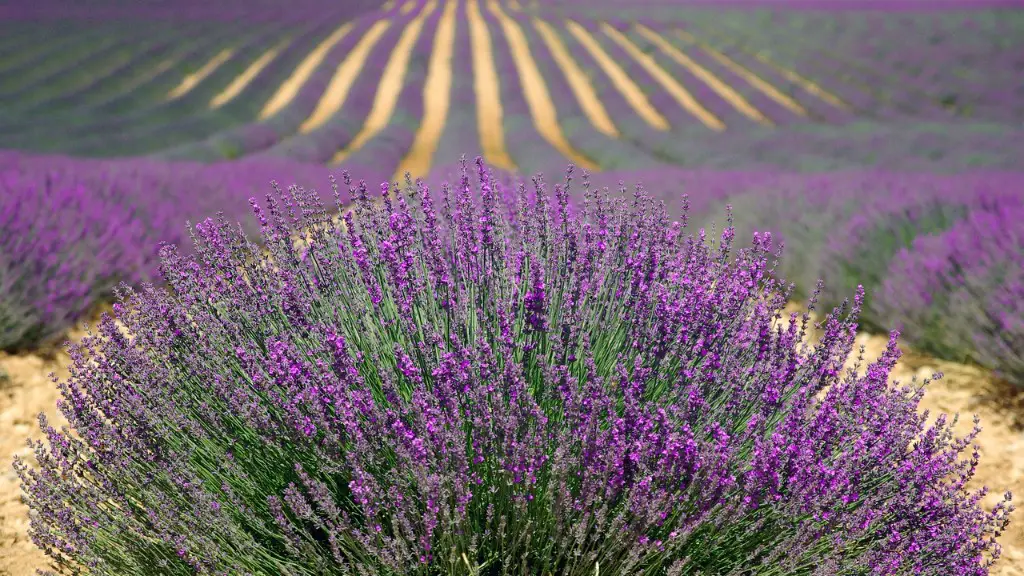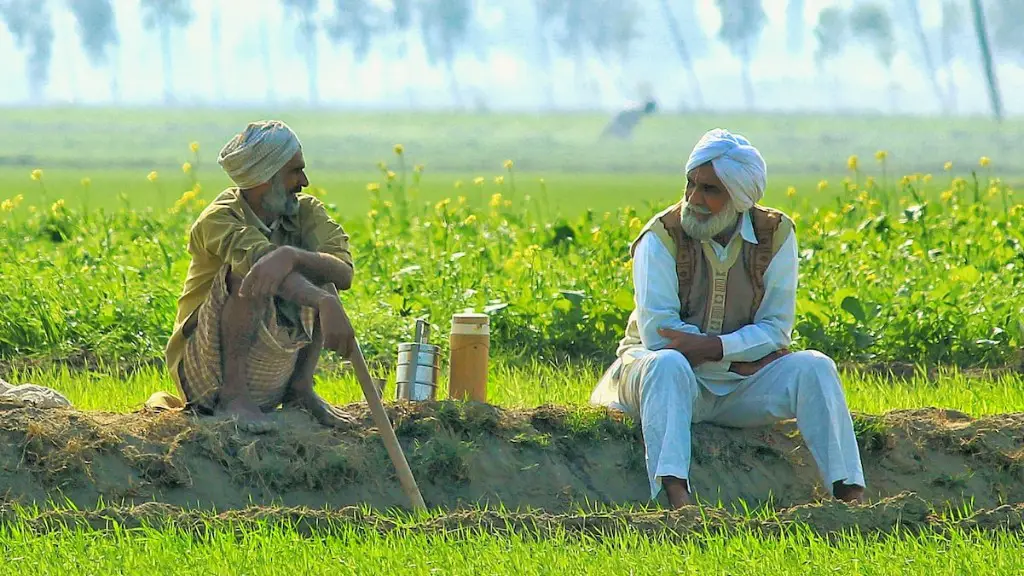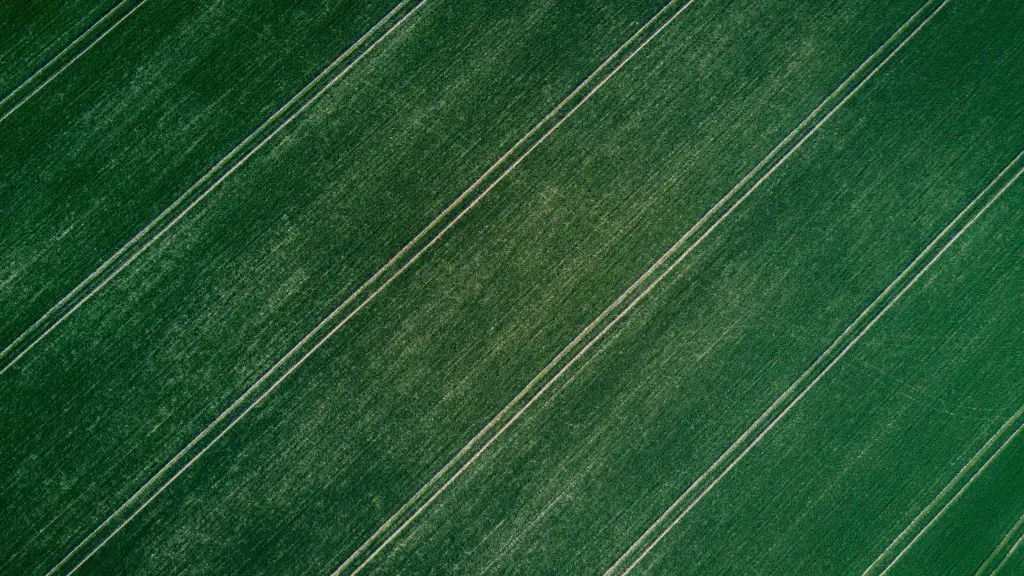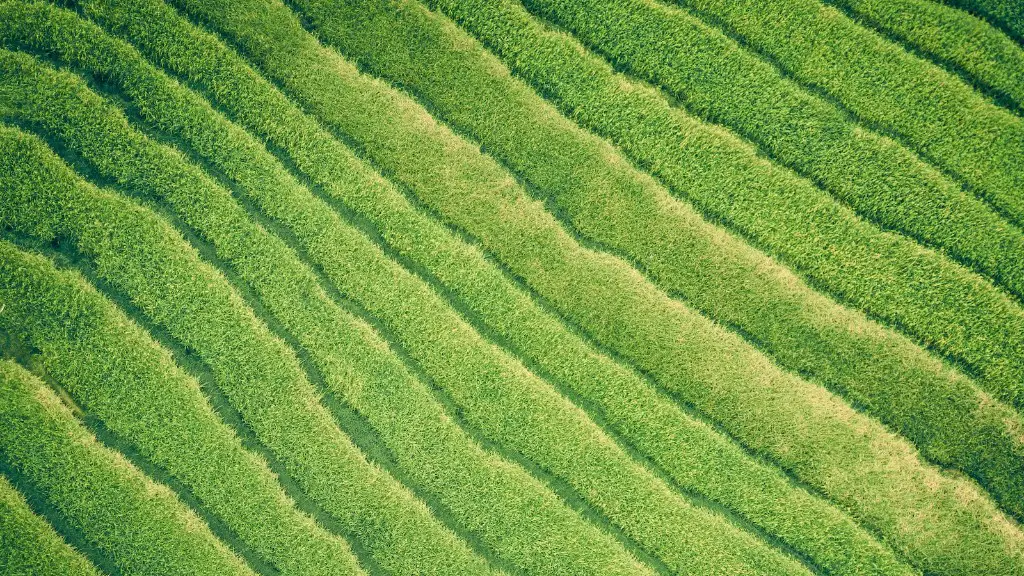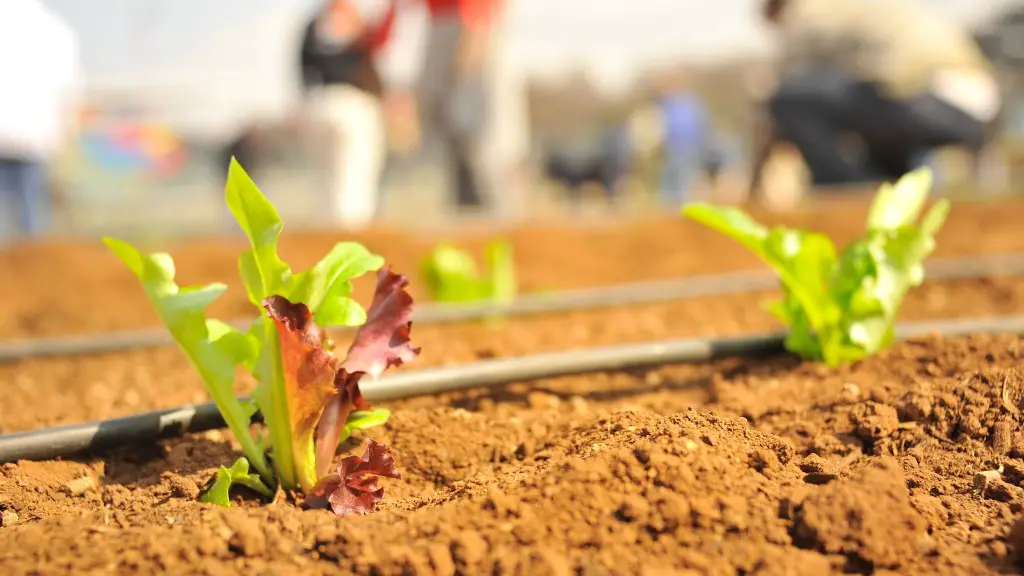In many ways, agriculture is the backbone of the global economy. Growing crops and raising livestock provides employment for millions of people around the world. Agriculture also provides food, fiber, and fuel for the world’s population. However, this important sector also has a significant environmental impact, particularly on soil.
Agricultural activities can cause soil pollution in several ways. The use of pesticides and fertilizers can pollute the soil and water resources. Irrigation can also lead to soil contamination if water is not properly managed. Poor agricultural practices, such as overgrazing, can also degrade the quality of the soil.
Soil pollution from agriculture can have serious consequences for the environment and human health. Contaminated soil can lead to the contamination of food crops, which can be harmful to human health. Soil pollution can also cause ecological imbalances, as polluted soil can be toxic to plants and animals.
Despite the negative impacts of agriculture on soil, there are ways to minimize these impacts. Proper management of pesticides and fertilizers can reduce soil pollution. Careful irrigation can also help to avoid soil contamination. And, adopting sustainable agricultural practices, such as using cover crops and rotating crops, can help to keep soil healthy and productive.
Agriculture can cause soil pollution through the use of pesticides and herbicides. These chemicals can seep into the ground and contaminate the soil. Additionally, agriculture can lead to soil erosion, which can also contaminate the soil.
How does agriculture contribute to soil pollution?
Agricultural pollution has many different sources. Nitrogen-based fertilizers can produce potent greenhouse gases and can overload waterways with dangerous pollutants. Chemical pesticides can contaminate our air and water or reside directly on our food. Agricultural pollution is a serious problem that needs to be addressed.
Soil quality is a very important aspect of agriculture. In addition to erosion, other factors such as compaction, loss of soil structure, nutrient degradation, and soil salinity can have a significant impact on soil quality. These impacts can be very real and at times severe.
Does agriculture contribute to unhealthy soil
Farming practices that involve tilling the soil can actually do more harm than good. Tilling breaks up the soil and destroys its natural structure, killing many of the vital bacteria and fungi that live there. This leaves the soil vulnerable to being washed away. Soil is not just useful for helping us grow food, but also for supporting a healthy ecosystem. When we disturb the soil, we disrupt the delicate balance that exists there.
Farms in the United States are responsible for more than 90 percent of airborne ammonia pollution. The main sources of this pollution are fertilizers and livestock manure. Ammonia pollution can have a number of negative impacts on the environment, including contributing to the formation of acid rain and harming plants and animals.
How does agriculture affect land pollution?
Over-fertilisation can also lead to water pollution from leaching of chemicals, while overuse of pesticides can harm wildlife, including bees which are vital for pollination. Integrated pest management, which uses a combination of techniques including biological control, can help to reduce pesticide use.
Agriculture accelerates soil erosion because it disturbs the ground. Farmers remove native vegetation and then plow the land to plant new seeds. This disturbs the natural barrier that protects the soil from water and wind.
What agricultural practices cause soil degradation?
Industrial agriculture practices like monocropping, synthetic fertilizers, and pesticides can have a negative impact on soil health. Soil-based agriculture relies on healthy soils to support a healthy farm ecosystem. Improving soil health can help to improve crop yields and water quality, and reduce the risk of soil erosion.
Soil erosion is a major problem in many agricultural areas due to poor farm management practices. The primary causes of soil erosion are excessive fertilization or irrigation, conventional tillage, monocropping, overgrazing, and more. These practices can lead to the loss of topsoil, which is essential for plant growth. In addition, soil erosion can also cause water pollution and other environmental problems.
What are 3 sources of agricultural pollution
Agricultural pollution of rivers is a major environmental concern. There are three primary sources of agricultural pollution: agricultural residues, fertilizers and pesticides, and animal husbandry. Agricultural residues are the most common source of pollution, followed by fertilizers and pesticides. Animal husbandry is the third most common source of agricultural pollution, but it can be the most serious because of the potential for contamination of water supplies with diseases. Excess salts from applied irrigation water can also be a source of agricultural pollution.
Agricultural practices can have a significant impact on public health. Poorly managed water resources can lead to water pollution, which can in turn lead to a variety of health problems. Air pollution from agricultural practices can also impact public health, as can climate change. Additionally, the widespread use of antibiotics in agriculture can lead to antimicrobial resistance, which is a serious public health concern. The food system is also vulnerable to a variety of public health threats, including foodborne illnesses and crop failures.
How does agriculture lead to salinization of soil?
Soil salinization is one of the major problems in agriculture caused by irrigation. It occurs when the water evaporates, leaving behind the dissolved salts in the topsoil. This can create problems for crops, as the soil becomes less able to hold water and nutrients.
Water erosion occurs when rain or snowmelt displaces the soil on the ground. The more water flowing over the land, the more soil particles are moved or transported away. Land that has no vegetation—including farm fields that are left barren after crop harvest—are especially vulnerable to water erosion.
What are the effects of soil pollution
Soil pollution is a huge problem that often goes unnoticed. It can cause a chain reaction of problems, altering soils’ biodiversity, reducing soil organic matter and soils’ capacity to act as a filter. It also contaminates the water stored in the soil and groundwater, and causes an imbalance of soil nutrients. All of these problems can have a serious impact on the environment and human health. It’s important to be aware of the problem of soil pollution and do what we can to reduce it.
Soil pollution has been a growing problem in recent years, as more and more industrial and agricultural waste is produced. This waste contains harmful chemicals that can contaminate the soil and make it unsuitable for plant growth. In addition, deforestation and the excessive use of fertilisers and pesticides can also lead to soil pollution. The impact of this pollution on human health can be significant, as it can lead to problems with food production and water quality. There are a number of ways to reduce soil pollution, such as reforestation, better waste management, and the use of more environmentally friendly fertilisers and pesticides.
What are examples of agricultural pollution?
The USGS studies agricultural contaminants as they relate to water quality. This includes studying nutrients, such as nitrogen and phosphorus, as well as pesticides, including herbicides, insecticides, and fungicides. The goal is to understand how these contaminants enter the environment and how they impact water quality.
The root cause of soil pollution is often one of the following:
-Agriculture (excessive/improper use of pesticides)
-Excessive industrial activity
-Poor management or inefficient disposal of waste.
Conclusion
Agriculture can cause soil pollution in a number of ways. The use of chemical fertilizers and pesticides can contaminate the soil, as can the improper disposal of livestock waste. In addition, irrigation can leach harmful chemicals into the soil, and erosion can lead to the deposition of pollutants on agricultural land.
Agriculture can cause soil pollution in a number of ways. Pesticides and herbicides can leach into the soil and contaminate groundwater. Improper irrigation can lead to salt build-up in the soil. And, of course, over-farming can deplete the nutrients in the soil and lead to soil erosion.
